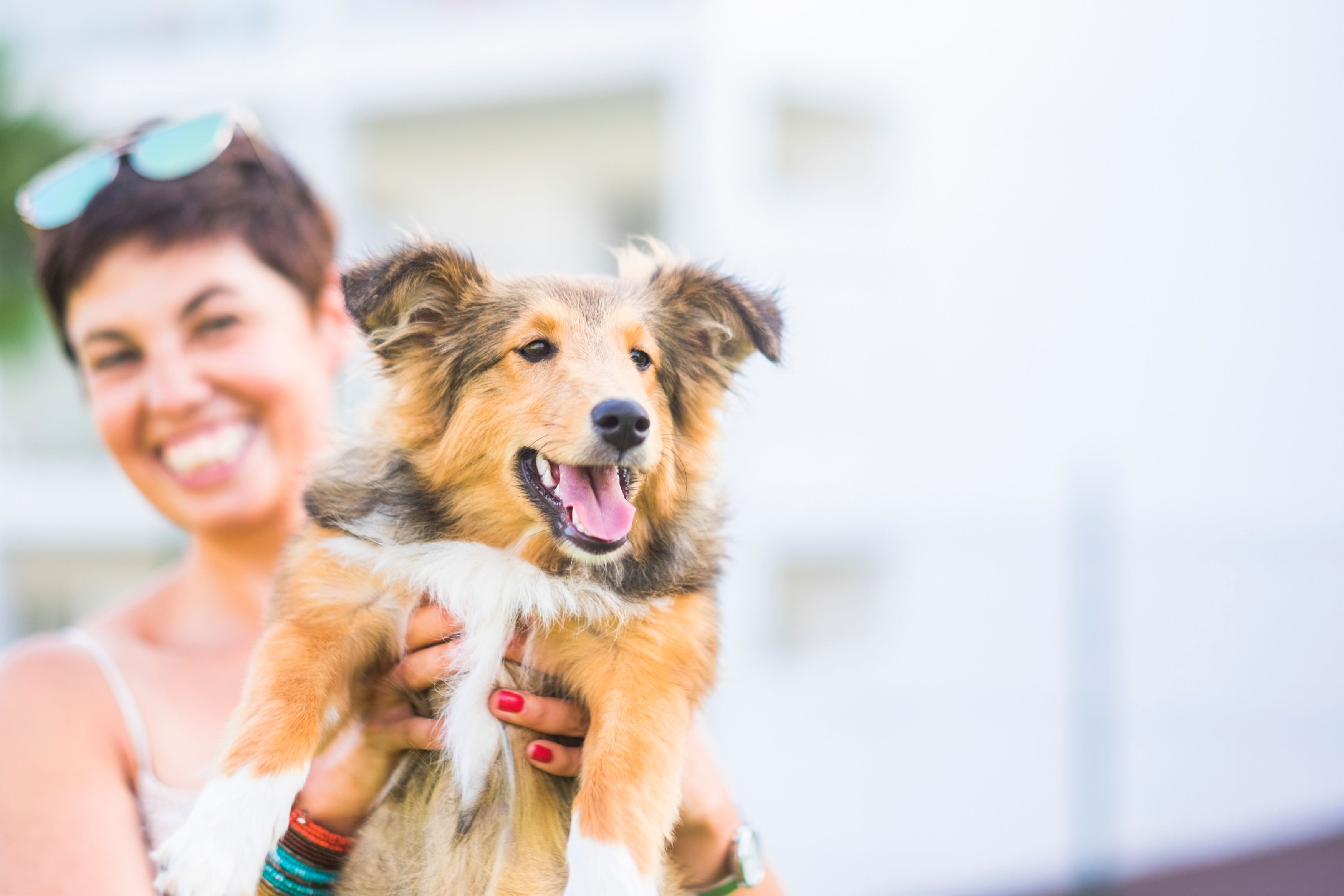Raising a Confident Puppy in Boise: Positive and Neutral Socialization Tips
Sep 25, 2025
Socialization is one of the most important steps in raising a happy, well-adjusted puppy. Proper socialization helps your dog handle new experiences with confidence and reduces the likelihood of fear, aggression, or anxiety later in life. In Boise, Idaho, we have plenty of opportunities for puppies to explore, meet new people, and experience different environments safely.
Three Types of Socialization Experiences
While socialization is key, not all experiences are created equal. Understanding the types of socialization can help you guide your puppy toward positive learning experiences.
Positive Socialization
Positive socialization happens when something good occurs during a new experience. These experiences help your puppy form happy associations and build confidence.
Examples:
-
Gentle petting by strangers
-
Praise or treats on a new surface, like slick floors or see-through stairs
-
Playtime with children or friendly dogs in a safe, supervised home environment
-
Exploring new toys or games
Neutral Socialization
Neutral socialization occurs when nothing good or bad happens. These experiences teach your puppy to remain calm and composed in everyday situations.
Examples:
-
Passing a dog on the street without interaction
-
Walking across different flooring types, like tile or hardwood
-
Observing a wheelchair or stroller
-
Watching kids play from a distance
Neutral experiences are just as important as positive ones—they help your puppy learn that not every new thing requires a reaction, building resilience over time.
Experiences to Avoid
While a little stress can help puppies adapt, excessive negative experiences can harm confidence and create long-term behavioral issues. Be mindful to avoid situations that could frighten or injure your puppy.
Examples:
-
Being attacked by another dog
-
Rough handling, like hair pulling or tail yanking
-
Falls on slippery or unsafe surfaces
Important: We do not recommend dog parks or pet stores for puppies under 16 weeks, as these are high-risk environments for disease exposure. Socialization with other dogs should always be done in a safe and supervised home setting. Public socialization—exposure to new people, surfaces, and environments—should begin only after the second parvo shot, typically between 12-16 weeks of age.
Tips for Socializing Your Puppy in Boise
-
Start early: The critical socialization window is between 8 and 16 weeks.
-
Keep experiences short and positive: Multiple short sessions are better than one long stressful session.
-
Use treats and praise: Positive reinforcement strengthens your puppy’s confidence.
-
Expose to a variety of environments safely: Introduce new sights, sounds, and surfaces gradually in controlled settings before public outings.
-
Observe stress cues: Look for signs like cowering, lip licking, yawning, or trying to escape. Reduce stress and try again later if needed.
Proper socialization sets the foundation for a confident, happy, and well-behaved adult dog. Whether it’s supervised play with friendly pups at home or carefully planned public experiences after vaccination, every positive or neutral experience counts.

